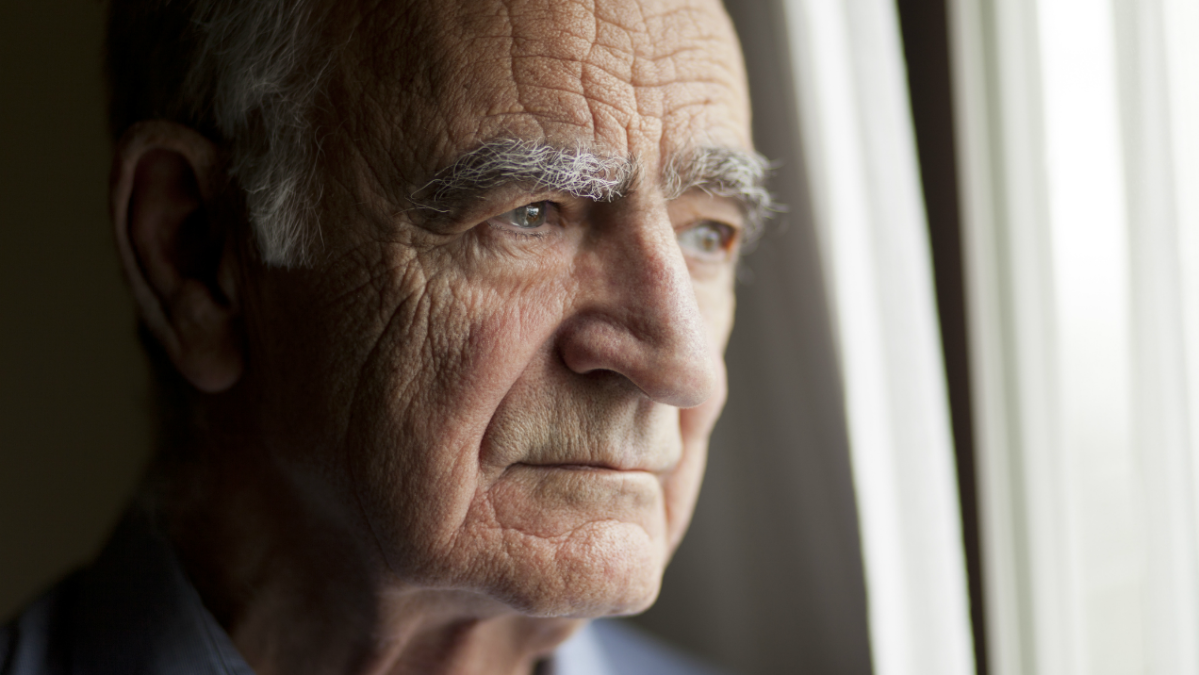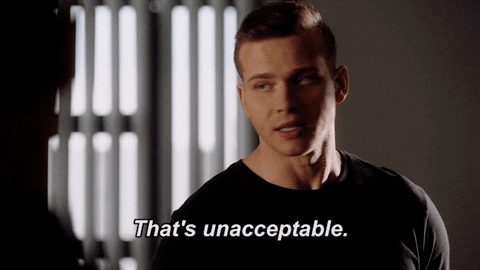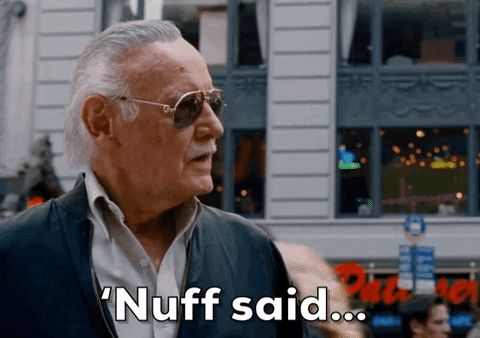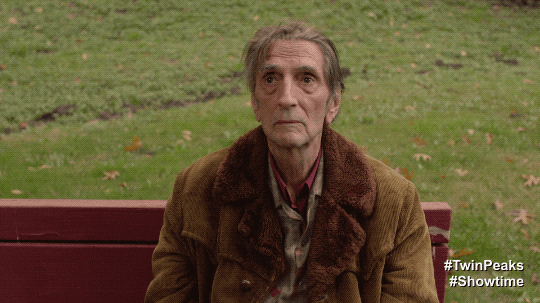
For the most part, our experience with the elderly is pretty limited to our grandparents and neighbours. Sure we occasionally see them crop up in pop culture (almost exclusively portrayed as either frail or senile), but largely we only see the elderly in the confines of our own little bubbles.
And it can be easy to see them as the kind of people who make jokes about the rips in your jeans, are found pottering around the garden, or insist on cooking for you whenever you pop round for a visit. These are pretty average stereotypes, but what they do have in common is that they aren’t really showing the full picture about what it’s like to be elderly in Australia.
Unfortunately, that full picture has a tinge of grey which is more than just hair colour – it’s the reality that is elder abuse.
What is elder abuse?
We’re all pretty familiar with the horrific actions of abusers in other contexts – whether domestic, sexual or emotional – but when it comes to elder abuse a lot of people still don’t really understand what it actually entails. We’re young! Sprightly! It’s hard to see beyond that bubble of youth and see what’s going on for the older people in our lives.
Elder abuse is the term used for systemic and ongoing abuse of an elderly person. It doesn’t have to be physical in nature, though it certainly can be. More often than not, the type of abuse that elderly people deal with is more aligned with emotional abuse, financial abuse and neglect.
According to a 2016 report from the Australian Institute of Family Studies, it’s likely that between 2% and 14% of elderly people each year will experience elder abuse to some degree, with a significant proportion being committed by family members of the victims.
According to psychotherapist Julie Sweet, from Seaway Counselling and Psychotherapy, “Elder abuse is confronting and disturbing, leaving victims and others involved often distressed and sometimes worse, traumatised.”
“It consists of behaviour that threatens the older person and can create fear. Fear of entrapment, fear of violence, fear of being isolated, fear of feeling embarrassed or humiliated. All resulting in disempowerment. Generally elder abuse is perpetrated by someone familiar and known to the victim. That is, someone trusted and the perpetrator is rarely ever a stranger.”

Why should we, as young people, know about it?
Regardless of our age, abuse of any kind is obviously not on. These are people who don’t deserve to be treated that way, and I know I don’t have to tell you that. But beyond that, we should also care because one day we’re going to be elderly ourselves.
If we’re educated about the signs and what it actually entails, then it could be instrumental in spotting an instance of elder abuse in your lives. We’re part of a generation that isn’t taking abuse lying down, and will stand up for the people who may not be able to stand up for themselves.
If we’re willing to stand up for sexual assault victims, domestic abuse victims and more, we should absolutely be willing to stand up for our grandparents, our neighbours and frankly anyone regardless of how old they may be.
What is an example of elder abuse?
If you’ve been to the movies in the last eleven years, you’ve probably seen at least one film that was inspired by the creative genius that was Stan Lee – from Iron Man to Avengers: Endgame, his legacy was enormous.
But what you may not know is the devastating story of how the comic legend had been abused for years by his former manager, Keya Morgan. That right there is the prime example of elder abuse in action.
Morgan was accused, and subsequently arrested, after imprisoning Stan Lee and financially abusing him in the years prior to his death. Reportedly he was not only in control of Lee’s estate, but was also isolating him from his family.
Isolation in this way is a common tactic for emotional abusers to exert control over the elderly person, and can lead to financial abuse later on when they feel they only have the abuser to lean on.
For a lot of us, the Stan Lee story may be the only contact that we’ve had with elder abuse, even tenuously. Or at least, that we know of. And that? That’s the problem. We may not even realise it’s happening, but it is, and we need to do something.

What types of elder abuse are there?
As with other types of abuse, it’s important to be aware and have an understanding of how they manifest.
Financial abuse can include skimming a bit of someone’s money to cover a bill or manipulating them into giving you cash, leaving the elderly person with no capacity to financially care for themselves. Marie Fedorov, Principal of Fedorov Family Lawyers in Queensland, has seen an increase in financial abuse cases with family members coercing their parents into changing their wills or bestowing Power of Attorney. She said:
“We are seeing more seniors coming into our office requesting to have their wills updated while under duress,”
Emotional abuse sufferers can develop depression and anxiety no matter how old they are. A common type of emotional abuse is constantly talking down to or undermining of an older person’s confidence, which has a huge impact on their general health. From manipulation to guilt and controlling behaviours, emotional abuse is unacceptable regardless of age.
Physical abuse is all the more concerning for elderly people because of the perception that elderly people are frail – based on the fact that as we age, our bones and bodies do tend to be more susceptible to injury, pain and illness. Adding physical abuse on top of this can not only leave lasting concerns for them, but in serious cases it could quite literally be fatal.
Neglect can affect elderly people both emotionally and physically. It can leave people feeling abandoned, possibly even malnourished or with poor hygiene and injuries that haven’t been appropriately cared for. It’s simply just the absence of any kind of care in their lives – and nobody deserves that.

How do you spot the signs of elder abuse?
If you’re not super close to the elderly people around you, it might be harder to spot the changes in their behaviour when they’re experiencing elder abuse. But that doesn’t mean you can’t still keep an eye out for the signs when you drop by.
Signs could manifest in different ways depending on the type of abuse the person is facing. Emotional abuse, for example, could result in heightened anxiety, withdrawal, reluctance to talk openly, discomfort or fear of a person close to them, and even changes with eating and sleeping patterns.
Financial elder abuse could be signalled by the sudden lack of funds to pay for bills and general living expenses, especially if you know that person happens to be on a pension or has savings. Physical abuse and neglect often present more obvious physical signs, like malnourishment or bruising, so it’s far easier to catch.
But that doesn’t mean we shouldn’t be vigilant in keeping an eye out because the earlier they’re spotted, the safer and better quality of life we can ensure for the elderly folks in our lives.
What to do if you suspect elder abuse
If you think you know someone who’s experiencing elder abuse or – even worse – committing elder abuse, it can be pretty confronting. None of us expect to have this happen in our lives. You may even be reading this horrified that it actually happens at all – I know I was.
It’s understandable that if they’re someone in your network, you might find it hard to decide if you should say something or not – especially if it’s someone you wouldn’t have expected to face this. But the thing is, your discomfort is outweighed by the possibility of elder abuse going down, so you’ve gotta do the right thing.
Marie Fedorov’s lingering impression of the issue is that staying silent isn’t an option. She said:
“The first step is getting people to speak up – this is a real issue and it could be happening to a relative, friend or neighbour without your knowledge. No one should be suffering in silence when there is help available.”
If you suspect someone you know is experiencing elder abuse, the best thing you can do is call the Elder Abuse Helpline on 1300 651 192 for advice. From there, they’ll give you an idea of how to move forward safely, respectfully and appropriately.
Because elderly people are more than just retirees who love a cuppa tea, and nobody deserves to be treated badly.



